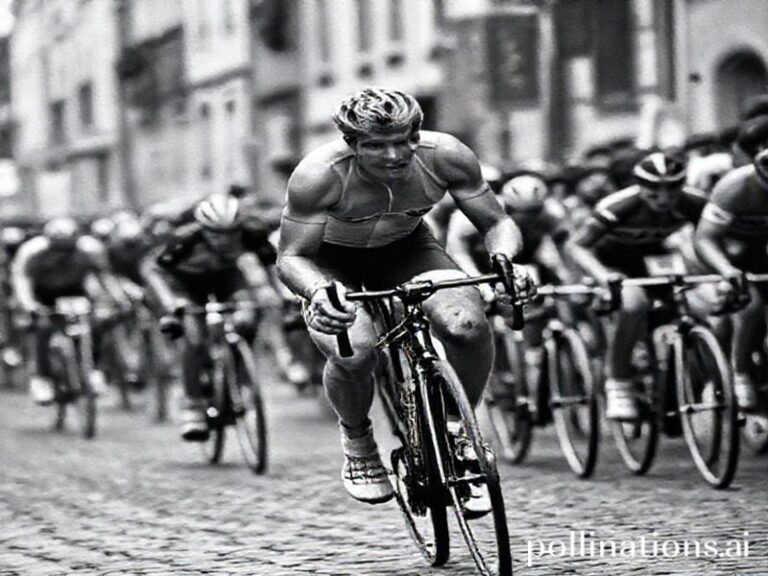Roger Clemens: The Global Parable of a Rocket Who Couldn’t Outrun Gravity
Roger Clemens: The Rocket Who Never Quite Escaped Earth’s Orbit
By Dave’s Locker International Correspondent
PARIS—While the rest of the planet wrestles with inflation, AI-generated popes, and whatever fresh geopolitical dumpster fire is trending on Elon’s latest toy, the ghost of Roger Clemens still hovers over baseball like a foul-smelling memory you can’t quite Febreze away. Across oceans, time zones, and cultures that regard cricket as civilised sport, the name “Clemens” has become shorthand for a particularly American brand of excess: monumental talent wrapped in titanic ego, then gift-wrapped again in syringes and subpoenas.
From the neon dugouts of Tokyo’s Koshien to the smoky tabernas of Santo Domingo where scouts gamble on teenage arms, Clemens is less a man than a parable. In Seoul’s Gangnam baseball academies, coaches use slow-motion video of his 1996 splitter to illustrate the Platonic ideal of break. They then fast-forward to the 2007 Mitchell Report to illustrate the Platonic ideal of hubris. The moral is delivered with a shrug: “He could have been Zeus, but chose Midas.” The kids, busy perfecting their own mechanics with the help of biomechanics labs and dubious supplements, nod as if to say, “We’ll do it better—until we don’t.”
Europe, bless its smug heart, pretends not to care. Yet UEFA executives quietly study the Clemens saga like a cautionary folktale about legacy pricing. Imagine: a seven-time Cy Young winner—an award that sounds like a Bond villain’s secret weapon—falling off the Hall of Fame ballot at 63.5% because moral accountants insist on amortising greatness over the steroid ledger. If that metric were applied to, say, the Italian national football team, half the Azzurri would be retroactively disqualified for pre-2000 pasta doping. (Don’t laugh; gluten is performance-enhancing when chased with grappa.)
In Caracas, where inflation makes a fastball look slow, Clemens represents something more primal: the Yankee colossus who once struck out 20 Mariners and, by extension, 20 metaphors for American dominance. Local broadcasters splice that 1986 game into highlight reels to remind viewers that empires, like fastballs, eventually lose velocity. They cut to a shot of Clemens testifying before Congress in 2008—same scowl, slower heater—and the studio audience chuckles at the symmetry. Power, meet subpoena.
Meanwhile, in the glass towers of Riyadh, where sovereign wealth funds now scout legacy assets the way Billy Beane once scouted OBP, Clemens is a distressed brand awaiting rehabilitation. Imagine a “Roger Clemens Baseball Experience” in a domed stadium where the air is legally humidified to 1990 Fenway levels. The twist? Every ticket includes a biometric scan that determines whether you’re injected with nostalgia or just saline. The Saudis love an ironic spectacle; they’ve already booked the Blue Jays for a preseason series in 2027.
Back home—if Texas still qualifies—Clemens has pivoted to youth coaching, which is a bit like Caligula offering etiquette classes. His academy motto: “Hard work beats talent when talent doesn’t work hard… or get caught.” Parents fork over $500 an hour for the privilege of hearing a man who once hurled a splintered bat at Mike Piazza explain “discipline.” Somewhere, Norman Rockwell’s ghost is updating his LinkedIn.
Yet for all the global schadenfreude, Clemens remains a uniquely American export: a product so potent the world can’t quite quit him. He is the cautionary vinyl record that every subsequent scandal remixes. Lance Armstrong? Clemens on two wheels. Maria Sharapova? Clemens with better endorsements. Even Novak Djokovic’s visa fiasco carried faint echoes of the Rocket’s congressional perjury charge—talent versus the state, with better-looking lawyers.
And so, as COP delegates argue over carbon credits that will outlast every fastball ever thrown, Clemens endures as a reminder that human beings—especially those gifted with 98-mph heat and 98% ego—will always seek shortcuts. The planet keeps warming, the curveballs keep breaking, and somewhere a 12-year-old in Lagos is Googling “how to throw like Clemens” while his browser autoloads “how not to end up like him.”
The Rocket never reached escape velocity after all; gravity—in the form of Congressional panels, moral arbiters, and the slow, inevitable decline of human cartilage—always wins. But for $19.99 plus shipping, you can still buy a signed baseball on eBay, complete with a COA that may or may not be as authentic as his denials. Hurry, supplies are limited—unlike the statute of limitations.







